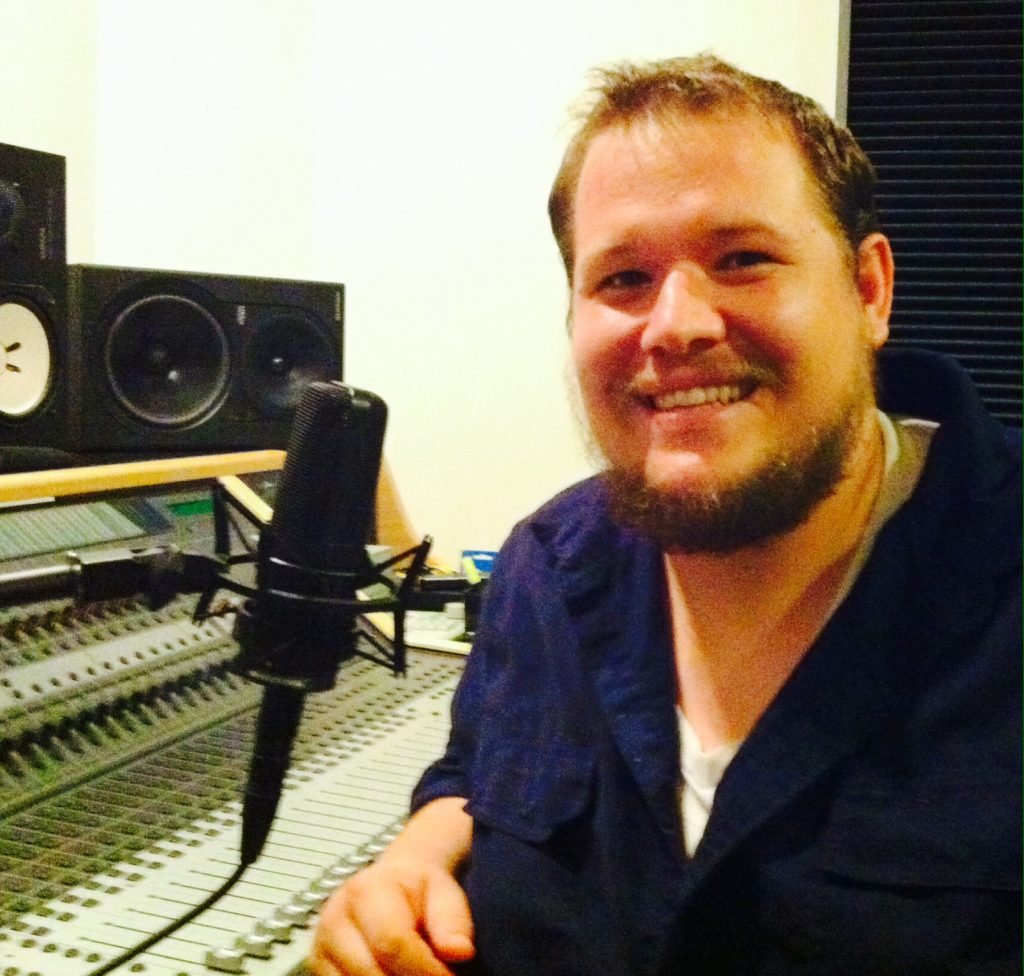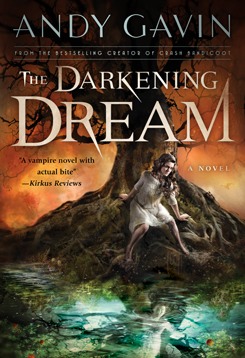Seventeen months in the making, the Untimed audiobook is finally ready!
The complete unabridged book is available on Audible, Amazon, and iTunes for MP3 download to your phone or ipod. It’s narrated by producer Steven Barnett.
A bit about the production
I started way back in January 2013, and like most Independent authors considering an audiobook edition, decided to use Amazon’s ACX service. This is a marketplace for connecting authors with voice and production talent as well as an automated mechanism for delivering the finished books to the big online markets (Audible, Amazon, and iTunes). This makes it easy to post descriptions of what your looking for and a section of the book to read. I listed both The Darkening Dream and Untimed. Lo and behold, over the next couple of weeks a pile of auditions started to come in.
Untimed is a tricky novel from a recording standpoint. Like all my books it features a lot of accents. The two most important characters are Charlie, a modern 15 year-old boy from Philadelphia, and Yvaine a 16 year-old girl from 16-18th century Scotland. It’s also a first person narrative, so it needed to be read in Charlie’s voice. Therefore, I wanted to cast a man who sounded fifteen, but also could pull off a passable falsetto. Steven Barnett’s audition was the one that fit the bill. He sounded young, and he proved great with accents.
It important to prepare detailed notes on all your characters. Untimed doesn’t have the biggest cast, but the characters are from all over the world (and time!) with varied accents and histories. Given my lean prose style and my use of whitespace to delineate dialog instead of extensive tagging (see below), the voices needed to be distinct enough for the listener to distinguish who is talking. After Steven studied my character sheets and we discussed them on the phone, we created a number of voice tests for the major parts. I listened and then gave feedback. This is a broad pattern that continues through the process. Prep -> Record -> Listen -> Feedback -> Repeat.
As I’ve experimented in many mediums: video games, novels, screenplays, and now audiobooks, it’s worth noting some of the differences. The physical placement on the page (as dictated by white space) is useful in novels. I separate dialog spoken by different people on different lines, and I make sure to place tags (he said, she said) and beats (small action queues like “Yvaine shifted in place” or “Donnie smirked” in the same paragraph as the speaker’s dialog. In an audiobook, you can’t hear the white space, but differences in voicing can make up for who is speaking. Still, you lose this spatial grouping. The tags also stand out more when spoken, as the eye tends to ignore them.
Another thing I hadn’t thought about is how long it actually takes to listen repeatedly to an entire novel. Untimed is over ten hours and every few weeks I’d get an hour or two of recordings, need to listen — usually twice (paying attention!) — and write up notes. And my side of the work was a lot easier than Steven’s. I can only imagine how long it took to record multiple takes, audition them, edit, then proof.
A final thing I decided to do was to add sound effects (sfx) to Untimed for the time travel aspects. I wanted the mysterious Tick-Tocks to have a creepy otherworld quality, so I thought to underscore them with an antique ticking noise. They never talk, but they do CHIME. In the books, I just write it like that, but having Steven read out the word “chime” sounded lame, so I replaced it with the sound of a deep resonant clock tower. Likewise, to help sell the mechanics of the time holes and the frequent (and complex) travel, I engineered unique sounds. This harkened back to my days as “assistant” sound engineer on Crash Bandicoot (I process and installed all the sounds that the real engineer, Mike Gollom, made for me). I found a source of royalty free sfx and combined and pitch shifted various ones until I got what I wanted. For example, the Tock ticking is a layered sample combining 4-5 different clocks and watches to reach suitable complexity.
Then, as the months rolled by, chapter by chapter, the book came together brilliantly. I’ve listened to it 2-3 times — although not all together at once. I’m curious at the psychological effect, but after reading various drafts countless times and a couple listens, I’ll leave that to you guys!





